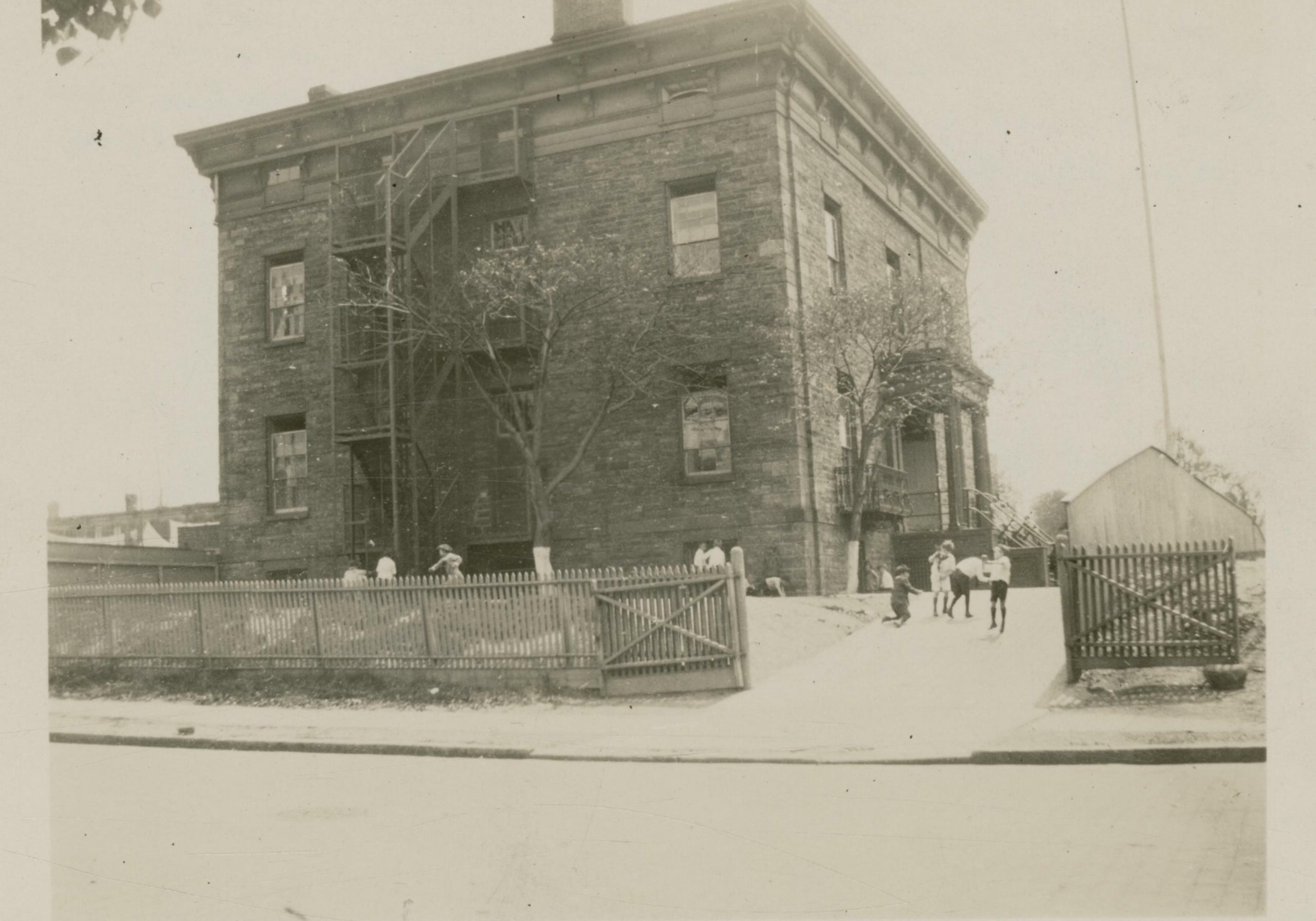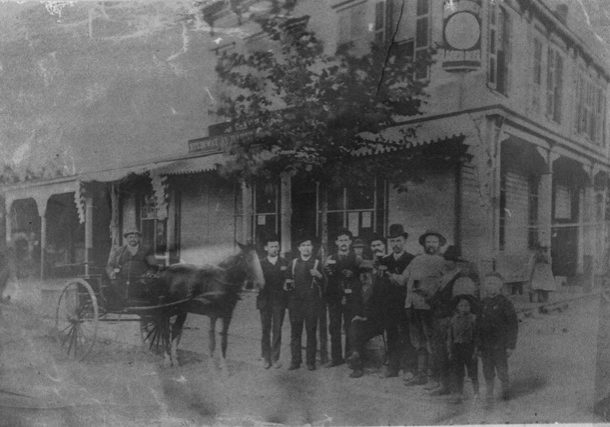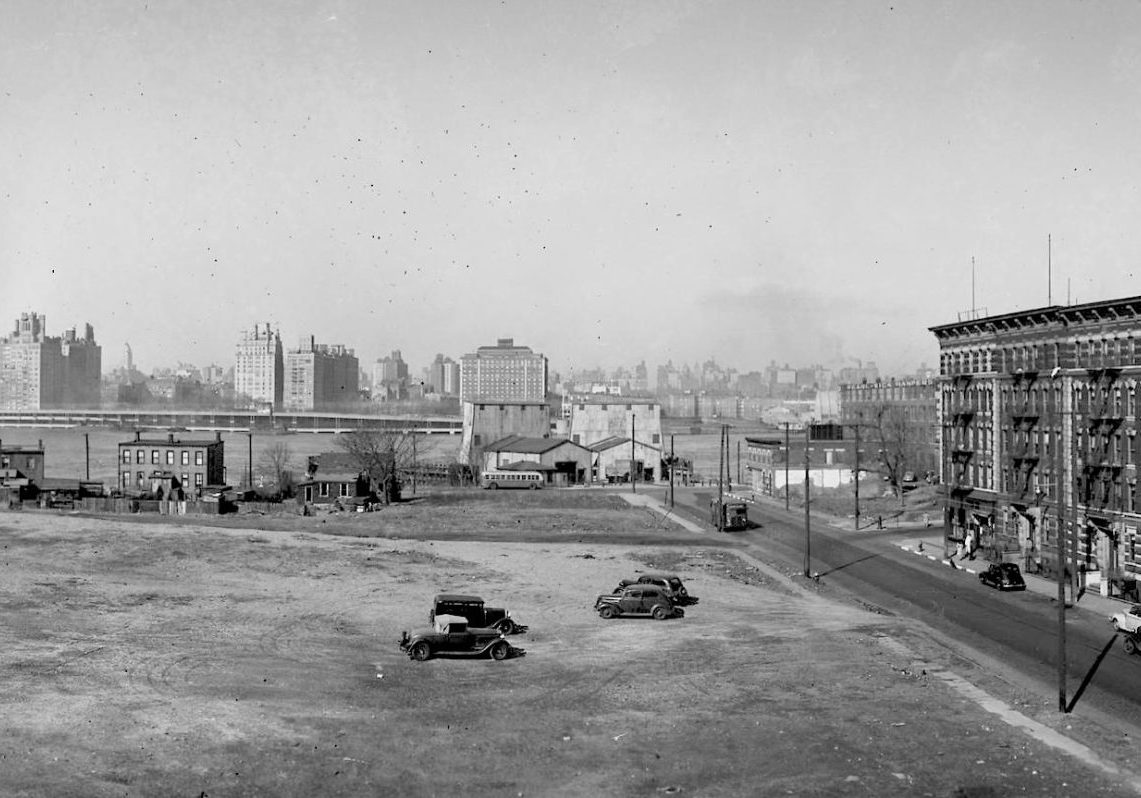Understanding the Checks and Balances of Social Media
In a world where we are increasingly becoming more and more entrenched in virtual communication and online lifestyles, it’s important to remember that what we say is no longer just what we say; any intended, or unintended comments made, that are not fully explained or misunderstood, can be left open to interpretation, leaving us more vulnerable to false perceptions and legal consequences. Are we prepared to defend ourselves in the matrix of virtual reality? We reached out to Elias Fillas, Supervising Partner of Sacco & Fillas, LLP, to understand the legal implications of our social media activity.

1. GMA: Does social media have an impact on litigation?
EF: Yes; anything that is posted on social media can be used as out of court statements against you in the course of litigation or at trial. Any time a person involved in a lawsuit makes a statement online, it is potentially discoverable by the other parties to a case. The other parties can demand copies of the written statement(s) posted on social media and use the information obtained to their benefit. At trial, certain statements, especially those that amount to admissions, could be shown to the jury. This could result in the other parties obtaining a lawsuit-gaining an advantage that they can use against the person who posted the statement on social media. It is generally best not to post anything on social media about a lawsuit or the circumstances which lead to the lawsuit.
2. GMA: Does more access to information through social media, via the general public and their expressed opinions, creates an adverse “guilty before proven innocent” effect and influence litigation outcomes?
EF: Yes. In high-profile cases, there is always a concern that a potential juror may have already heard about the case before being called to serve on a jury. With the proliferation of social media, it has become more common for attorneys to issue statements to the media on behalf of clients to control the narrative. Also, changing times and national social movements have the power to influence verdicts. This has been especially true in cases of workplace sexual harassment and discrimination cases
3. GMA: Can social media make us more vulnerable to a public tribunal system, where public opinion is now an unofficial jury?
EF: From a legal perspective, if a high-profile matter comes before a court, the jury is given clear instructions by the judge as to how to review the evidence. I’m confident that good judges can still find a way to get this important message across.
4. GMA: How can we protect ourselves in a virtual public forum that is often riddled with shaming, finger pointing, false information, and hearsay?
EF: On an individual level, people who access virtual public forums should consider these forums, at the very least, just like in-person forums. If you wouldn’t say it in person, don’t say it online. This is especially true because once something is posted in writing, it can be copied and disseminated.
5. GMA: Do employers have a legal right to terminate you based on your social media activity and any freedom of expression, thought, and speech that you present on social media?
EF: During working hours, an employer has broad latitude to restrict employees’ use of social media. Outside of working hours, an employer has a more limited scope. For example, an employer can and should restrict employees from engaging in sexual harassment or other types of harassment or discriminatory conduct against co-workers based on a protected characteristic. However, an employer cannot prohibit employees from discussing their wages, benefits, working conditions or other terms and conditions of employment with one another or with third parties through social media accounts. Thus, if an at-will employee violates the employer’s social media policy, the employer can take disciplinary action, including termination, provided that the action taken is not considered discriminatory based on a protected class. For employees who are under contract or subject to a collective bargaining agreement, the protections, resulting action, and process is governed by these documents.
Now that we know our legal implications, we’ll certainly be thinking twice before our next post.

















